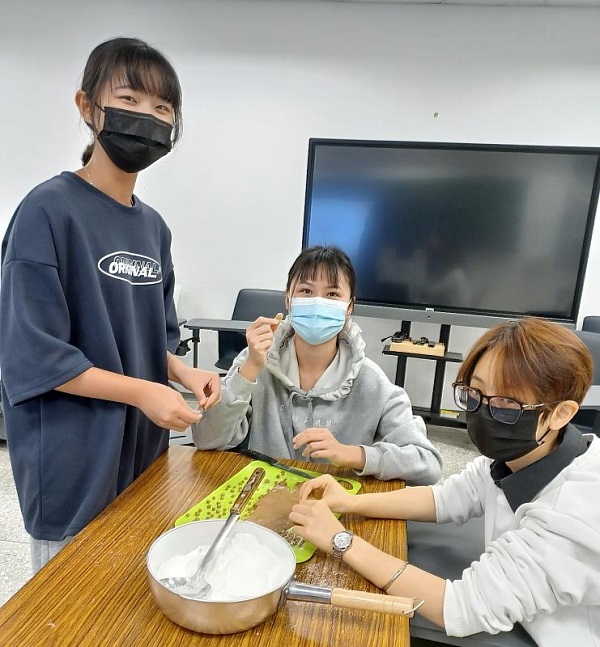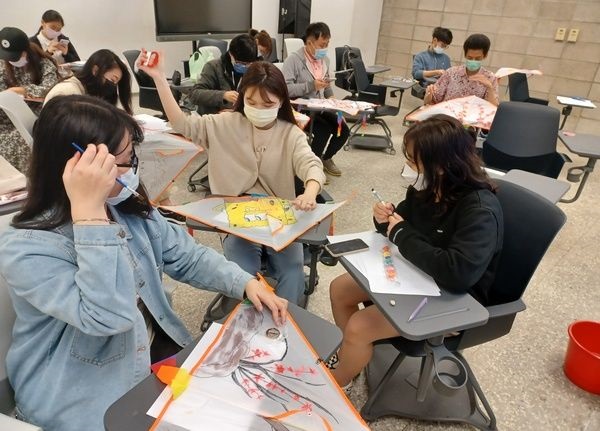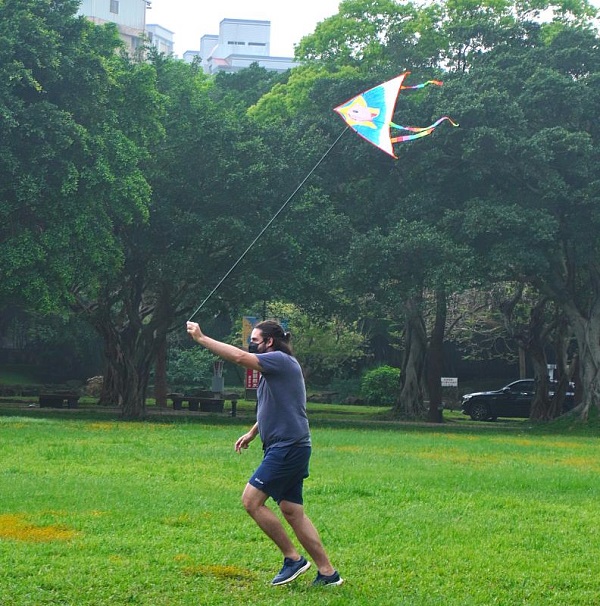Each semester, the Global Affairs Office of YZU hosts a number of cultural workshops focusing on Taiwan and Chinese culture.
This time, they arranged a workshop on hand-making bubble milk tea and kites to increase foreign students' interest and enthusiasm in Chinese learning. It will be an excellent opportunity for students to share Taiwan's bubble milk tea flavour with locals when international students return to their home country in the future. This will promote Taiwan to the world.
Keina from Japan, a current student in the Department of Information Management was very happy to be able to learn the process of bubble milk tea production. "As a result of making it, I learned many skills and methods. After returning to Japan, I am able to share it with relatives and friends, so my Japanese family can have a taste of Taiwan," said Keina.

In addition to food culture, the workshop also provides students with knowledge of traditional folk customs. Since Tomb-Sweeping Day (Qing Ming) is around the corner, a kite-making workshop was held, so that foreign students can learn about Taiwanese superstitions and how to ward off bad luck. During Tomb-Sweeping Day, paper kites are customarily written with disasters and bad luck, and then the kite strings are cut when the kites are lifted into the air, symbolizing the passing of bad luck, disasters, and diseases. Besides driving away evil, farmers use kites to pray for a prosperous harvest and keep away birds and pests.

Kenny from Honduras, a current Master's student in the Department of Information Management said that the opportunity to learn about Taiwanese culture through kite making is truly remarkable. Yun-Chia Liang, Chief of the Global Affairs Office said that Yuan Ze University will continue to host more cultural workshops in the future, such as straw weaving, making candied haws, and stamping. Through cultural activities, foreign students can get a better understanding of Taiwan's daily and traditional culture, as well as interact with domestic students during the activities. This way, foreign students will experience Taiwan's culture in its most authentic form.


 en
en  繁
繁